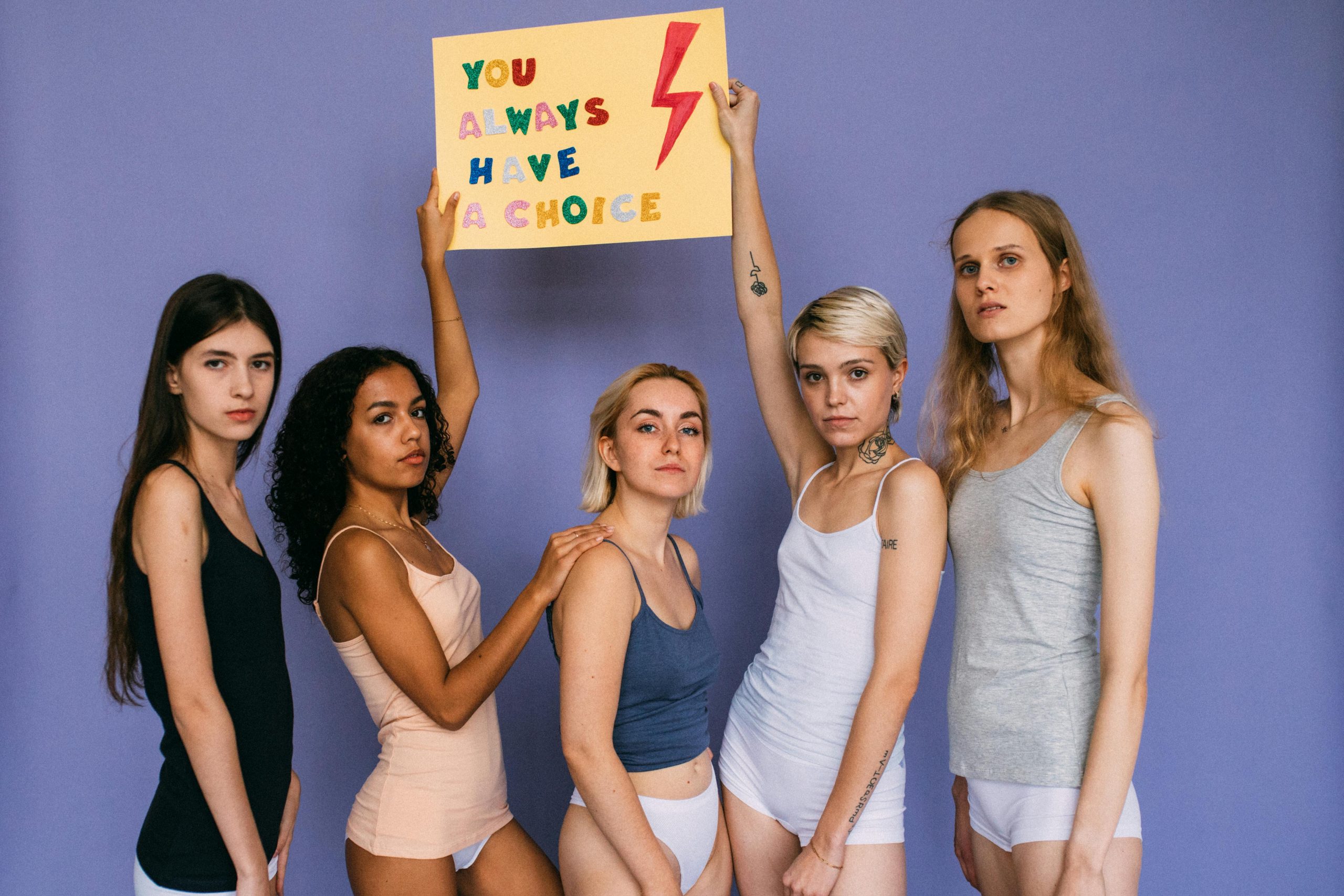Your cart is currently empty!

Steven Coulson
Steven has been drinking beers, wines and spirits for decades and has a propensity to go about them at length after a few drinks.
Latest Posts
- My wife found out our favorite Gin for martinis was discontinued. I think we are good for a while…

- Oregon Road Trip: Freeland Spirits Garden Botanicals Gin

- Botanist with Trader Joe’s Lemon and Elderflower Soda

- I’m one of the worlds leading buyers of craft gin in the world and a international spirit judge AMA

- I’m blown away…. By how let down I am by this Gin.

Categories
Tags
Social Links

The Fascinating Psychoactive Effects of Hops in Beer
When it comes to the craft of brewing, hops are often regarded as a crucial ingredient that defines the flavor and aroma of beer. However, my recent exploration into the world of beer has led me to a striking conclusion: hops may possess psychoactive properties that can evoke distinctive sensations beyond the typical alcohol buzz.
In a prior discussion, I expressed how India Pale Ales (IPAs) with high International Bitterness Units (IBUs) elicit a profound effect on me, while beers with a more traditional hop profile fail to deliver the same experience. The feedback I received was diverse; some individuals concurred with my assessment, while others argued that it was the alcohol content causing the effects.
To delve deeper, I embarked on a little experimentation. I sampled “Cold” IPAs, which contain fewer hops but maintain an alcohol by volume (ABV) similar to many West Coast IPAs. I also tried Imperial IPAs, which boast impressive ABV levels yet possess surprisingly low hop content. Unfortunately, neither of these variations resonated with me in the same way as a classic West Coast IPA with a more moderate ABV, which I found to be exceptional.
What struck me during these tastings was the nature of the sensations I experienced when consuming hoppy beers. Unlike the typical feeling associated with alcohol consumption, the high hop content provided a more cerebral and energetic experience. This leads me to ponder an intriguing possibility: could hops indeed be psychoactive under specific circumstances?
As I reflect on this idea, I speculate that the fermentation process might enhance the bioavailability of hops’ psychoactive compounds. Furthermore, alcohol could potentially work in harmony with these compounds, enabling them to traverse the blood-brain barrier more effectively.
Importantly, I want to clarify that my experience does not stem from a sensitivity to hops. I haven’t encountered any of the adverse reactions typically associated with such issues—there are no hives, itching, or negative sensations involved. Instead, the overwhelming feeling is one of euphoria.
This leads me to ponder the longevity and ubiquity of hops in the brewing industry. Historically, beer wasn’t always brewed with hops, yet once their benefits were discovered, they quickly became an essential element in brewing practices around the globe. This widespread acceptance suggests there must be compelling reasons behind hops’ prominent role in beer crafting.
In conclusion, there’s much more to hops than meets the eye—and perhaps, more research is needed
